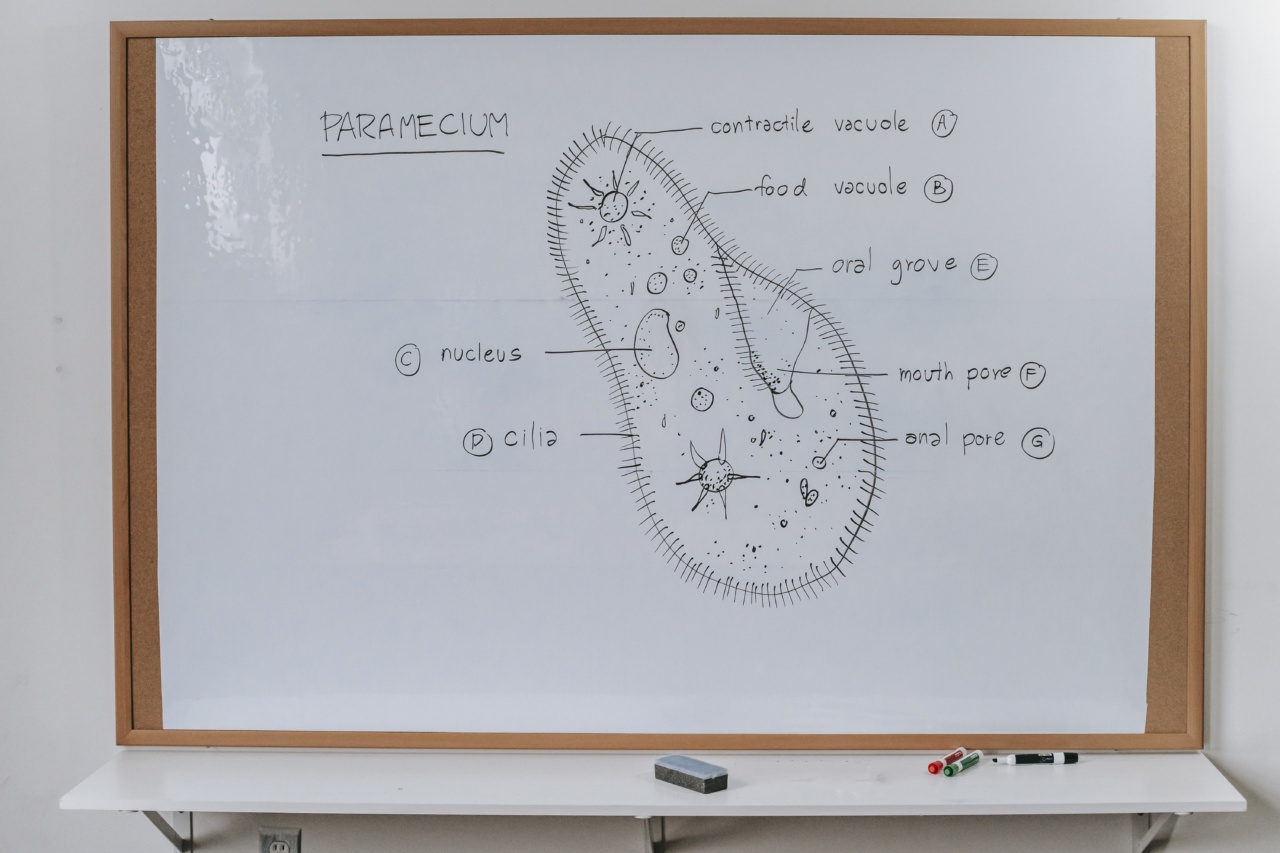Kidney cell carcinoma, also known as renal cell carcinoma (RCC), is a cancer that forms in the tissues of the kidney.
It is often identified in its later stages due to the lack of early symptoms, and accounts for approximately 2% of all cancer cases in the United States. RCC is often resistant to chemotherapy and radiation therapy, making it difficult to treat. However, a combined approach using multiple treatment modalities has been found to be effective in stopping the evolution of kidney cell carcinoma.
: Understanding RCC
The key to effectively treating RCC is understanding its biology. RCC is often caused by mutations in genes that regulate cell growth and division. This causes the cells in the kidney to grow and divide uncontrollably, forming a tumor.
The tumor can then spread to other parts of the body, such as the lungs, bones, or liver.
: The Importance of Early Detection
One of the major challenges in treating RCC is the lack of early symptoms. In many cases, RCC is discovered incidentally during a routine medical exam or imaging study.
However, when symptoms do occur, they may include blood in the urine, abdominal pain, or a mass or lump in the abdomen. Early detection of RCC is crucial in improving the chances of successful treatment.
: Surgical Intervention
Surgery is often the first line of treatment for RCC. The goal of surgery is to remove the tumor and any nearby affected tissue. In some cases, a partial nephrectomy, or removal of only part of the kidney, may be possible.
However, in more advanced cases, a radical nephrectomy, or removal of the entire kidney, may be necessary.
: Targeted Therapy
Targeted therapy is a form of cancer treatment that uses drugs to target specific molecules involved in the growth and spread of cancer cells.
In the case of RCC, targeted therapy drugs have been developed that block the action of vascular endothelial growth factor (VEGF) and its receptor, which are involved in the growth of blood vessels that supply nutrients to the tumor. Targeted therapy drugs may be used before or after surgery to help shrink the tumor or prevent its recurrence.
: Immunotherapy
Immunotherapy is another form of treatment that has shown promise in treating RCC. Immunotherapy works by stimulating the body’s immune system to recognize and attack cancer cells.
One form of immunotherapy, called checkpoint inhibitors, blocks the interaction between proteins on the surface of cancer cells and immune cells, which allows the immune cells to recognize and attack the cancer cells. Another form of immunotherapy, called cytokines, are proteins that stimulate the immune system to attack cancer cells directly. Both of these forms of immunotherapy have been found to be effective in treating RCC.
: Radiation Therapy
Radiation therapy uses high-energy radiation to kill cancer cells. It is often used in conjunction with surgery or targeted therapy to help destroy any remaining cancer cells and prevent the tumor from returning.
Radiation therapy may also be used to relieve symptoms associated with advanced RCC, such as pain or bleeding.
: Combination Therapy
Recent studies have shown that a combination approach using multiple treatment modalities is often more effective in stopping the evolution of RCC than using a single approach alone.
For example, a combination of surgery followed by targeted therapy has been found to be particularly effective in treating advanced RCC. Similarly, a combination of targeted therapy and immunotherapy has been found to be effective in treating RCC that is resistant to other forms of treatment.
: Conclusion
Stopping the evolution of kidney cell carcinoma requires a multi-pronged approach that targets different aspects of the cancer’s biology.
Surgery, targeted therapy, immunotherapy, and radiation therapy are all effective treatment modalities that may be used alone or in combination to successfully treat RCC. By understanding the biology of RCC and using a combined approach, patients with RCC can achieve better outcomes and improve their chances of survival.
























